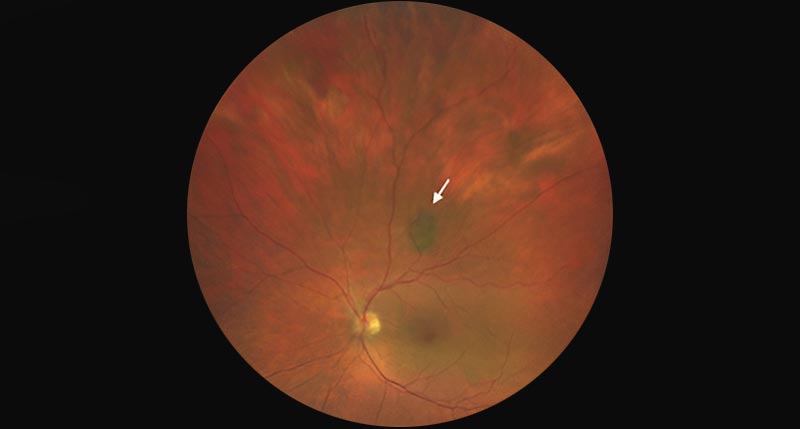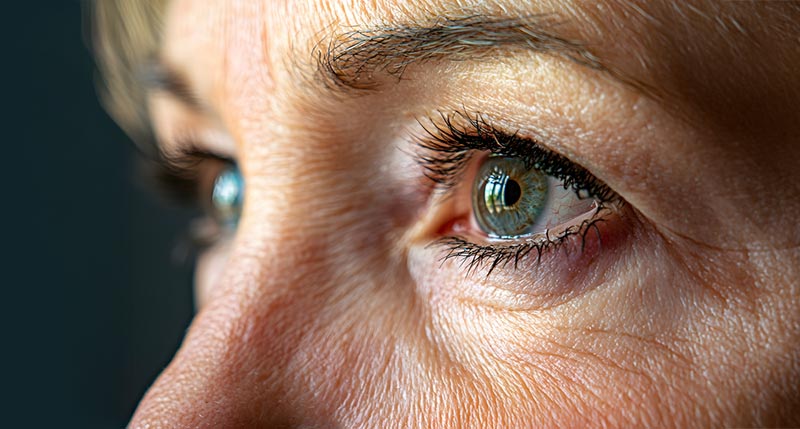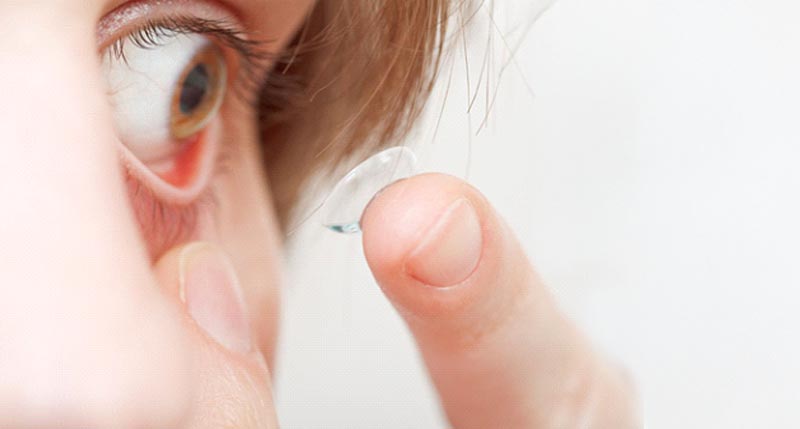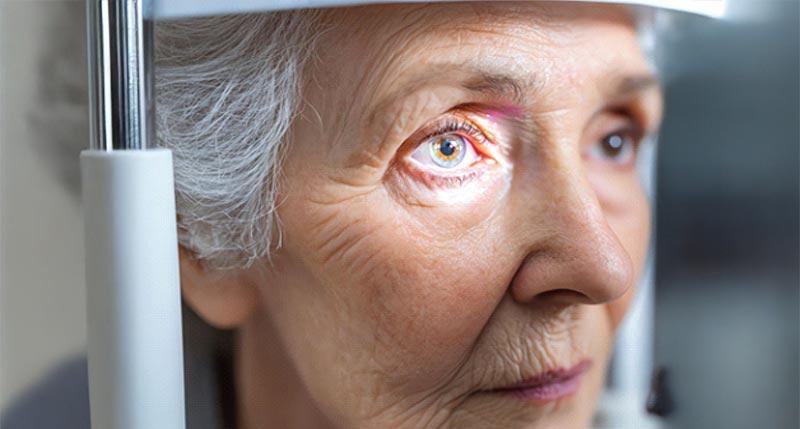Ah, Spring! The birds are chirping, flowers are blooming, and the trees are “leafing out” all over. After a long winter, the arrival of Spring is a welcome one. In fact, some of us get so excited by the warmer Spring weather that we completely forget that Spring is also allergy season for many people.
If you’re a seasonal allergy sufferer, you remember all too well how annoying allergies can be. The sneezing! The sniffling! The runny nose! But do you also experience allergic symptoms in your eyes, including redness, swelling, itching and eye-watering?
Season allergies that affect the eyes result in a condition called allergic conjunctivitis. It’s called that because the “conjunctiva” is the white part of your eye and “itis” is the medical term for inflammation.
If you’re experiencing allergic conjunctivitis, what can you do to get relief? Let’s explore the causes and symptoms of “allergy eyes.”
What causes allergic conjunctivitis?
Your conjunctiva will swell and become inflamed when an allergen is introduced into the eye and makes contact with the conjunctiva. An allergen is typically a harmless substance that triggers your immune symptom to respond as if it’s harmful.
When this happens, so-called “mast cells” in the eye release histamines in response. The primary role of mast cells is as a first line of defense against antigens invading the body. Mast cells in your eyes release histamines, which are molecules that send messages between cells and are sometimes called “the stuff allergies are made of.” Histamines cause your nerve cells to make you (and in this case, your eyes) itchy.
What are common eye allergens?
Every person is unique, and everyone responds differently to different allergens. Some overall common allergens that often impact the eyes include:
- Pollen from trees, grasses and weeds
- Pet dander, dust, mold and various other indoor allergens
- Fragrance, smoke, makeup or other chemicals
What are the symptoms of allergic conjunctivitis?
You’ll know you’re likely having an allergic reaction if your eyes exhibit these symptoms:
- Red, irritated eyes
- Itchy eyes
- Itchy eyelids
- Watery, teary or runny eyes
- Swollen eyes and/or eyelids
- Sore, painful or burning feeling in the eyes
- Sensitivity to light
How can I get relief from eye allergies?
In an ideal world, you can avoid the substance that causes the allergies. However, when seasonal allergies hit, pollen gets everywhere and it’s nearly impossible to avoid it altogether.
In our next blog post we’ll go in-depth to explore the options for treating seasonal allergic conjunctivitis, which include:
- Over-the-Counter Allergy Eye Drops
- Prescription Eye Drops
- Applying a Cold Compress
- Oral Medications
If you’re experiencing an extreme allergic reaction in the eyes, seek medical attention immediately. If you’d like to discuss prescription eye drops to improve your allergic response and visual comfort during allergy season, call us today to make an appointment. It’s our goal to keep you seeing your best every day of the year!





